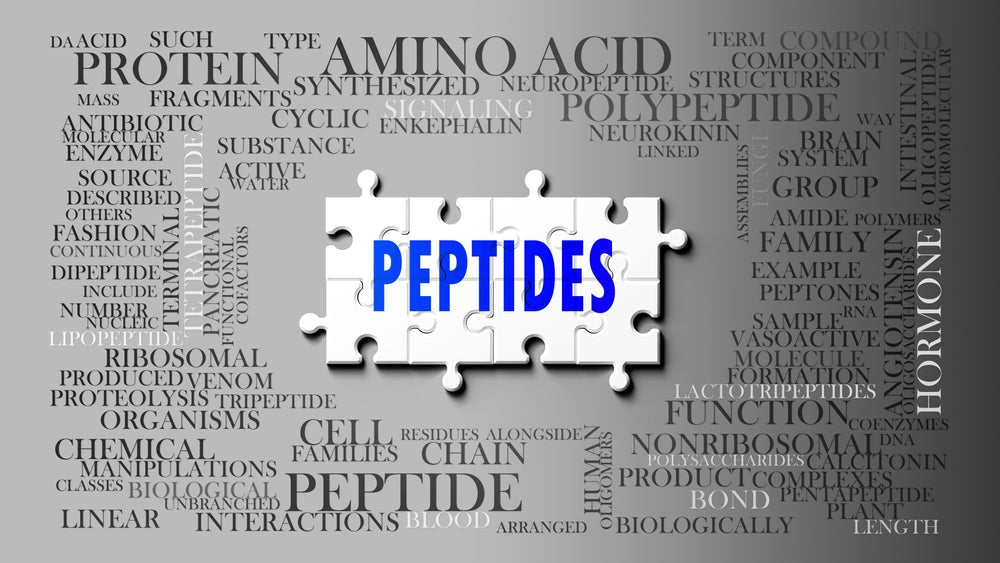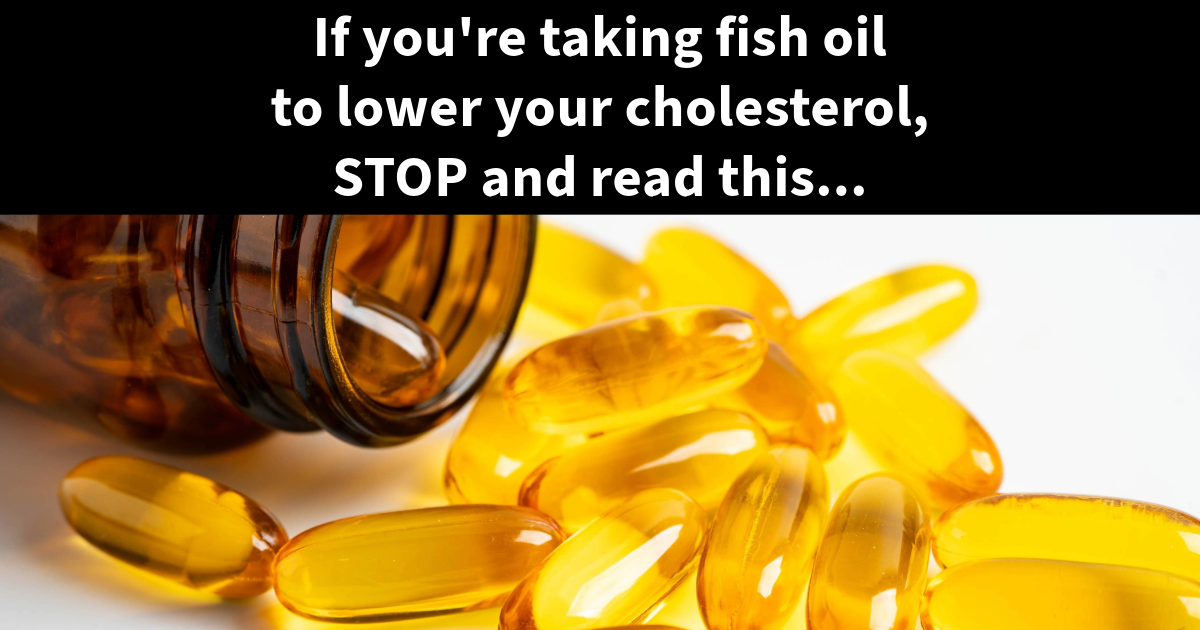Magnesium is a mineral that is thought to be required for countless functions throughout nearly all of the body’s systems, including: regulating blood pressure and blood sugar, creating materials such as bone, cholesterol, protein, and even DNA, getting adequate sleep, and maintaining normal muscle, nerve, and cardiovascular function.
However, many people’s diets lack enough magnesium to prevent a deficiency. In fact, more than half of the US population is estimated to have magnesium intakes below the Estimated Average Requirement (EAR) for magnesium, so many Americans are likely to be some degree of magnesium deficient.
Magnesium deficiency often results in a host of symptoms, including fatigue, weakness, and in more severe cases, heart arrhythmias and seizures. Muscle cramps and spasms are an especially common and annoying consequence of inadequate magnesium intake. Along with increasing one’s dietary intake of magnesium, supplementing with a high-quality magnesium supplement may help to combat symptoms such as muscle spasms, while improving overall health and well-being.
What Causes Muscle Cramps and Spasms?
The first step to preventing muscle cramps and spasms is getting to the root of their cause.
Here are some of the most common contributors to muscle cramping/spasming:
Dehydration and Low Levels of Electrolytes
Dehydration tends to involve loss of electrolyte minerals such as sodium, potassium, and calcium. These electrically charged minerals are thought to be an integral part of muscle contraction and relaxation, which is why when electrolytes are imbalanced, the muscles may contract involuntarily and create a spasm/cramp.
Lack of Blood flow to Muscles
Lack of blood flow, also known as poor circulation, may lead to cramps in the areas where the blood is not reaching. In other words, inadequate blood flow may increase the likelihood that muscles will cramp.
Intense Muscle Strain
When muscles are strained (i.e., when a muscle is stretched too far or torn), the body’s response to the injury may include inflammation that results in muscle spasms.
Poor Conditioning
A lack of conditioning, meaning a lack of muscular strength and being “out of shape,” increases the likelihood that muscles will experience fatigue during periods of exertion. Fatigued muscles tend to use up their supply of oxygen, which may lead to build-up of waste products, such as lactic acid, in the muscles. This build-up may trigger muscle spasms, which is why muscle fatigue due to poor conditioning tends to cause muscle cramping.
What Is the Difference Between a Muscle Spasm and a Cramp?
The terms “muscle spasm” and “muscle cramp” are often used interchangeably, but although the two problems are related and often have the same underlying causes, they mean slightly different things. While the term “muscle spasm” describes any involuntary muscle contraction, including a prolonged ongoing spasm that doesn’t come and go, the term “muscle cramp” refers specifically to intermittent and painful forms of involuntary contractions.
Which Vitamins Help with Muscle Cramps?
For those suffering from muscle cramps, increasing your intake of the following vitamins (whether through diet, supplementation, or a combination of the two) may help to reduce muscle spasms and relieve the discomfort being experienced:
Magnesium
As previously stated, magnesium deficiency may result in muscle cramps; this is why increasing magnesium intake may help to reduce or resolve these symptoms.
Potassium
Severe potassium deficiency may contribute to leg cramps and other muscle spasms since potassium is essential for nerve and muscle function.
Vitamin B1
Because a vitamin B1 (also known as “thiamine”) deficiency may lead to aching and cramping of the lower legs, increasing vitamin B1 intake may help to reduce this symptom.
Vitamin B12
Vitamin B12 deficiency is thought to lead to muscle cramps throughout the body, in addition to other unpleasant symptoms such as numbness in the extremities, mood changes, and fatigue. Ensuring adequate vitamin B12 intake may be one of the most effective ways to avoid these consequences. Vegetarians and vegans in particular may need to take a B12 supplement, since most sources of dietary B12 are found in animal and dairy products.
Vitamin D
Adequate vitamin D levels are essential for muscle function, so vitamin D deficiency may cause muscular symptoms such as muscle spasms, pain, and weakness, especially in cases of severe deficiency.
Common Signs of Magnesium Deficiency
Although many people with low magnesium levels may have no symptoms at all, others experience a variety of symptoms that may worsen as the deficiency becomes more severe. Early signs of magnesium deficiency can include, not only muscle spasms, but also fatigue, poor appetite, nausea, weakness, and stiffness. Signs of a more severe magnesium deficiency can include abnormal heart rhythms, personality changes, seizures, and numbness/tingling.
Best Magnesium Supplement for Muscle Health
For those who can’t consume enough magnesium daily to meet their body’s magnesium needs, a supplement may be the best solution to maintain muscle health and reduce the risk of muscle cramps/spasms.
However, there are many distinct types of magnesium used in supplements: magnesium lactate, magnesium malate, magnesium citrate, magnesium glycinate, and more. Which is the right choice for you?
The best magnesium supplement for muscles is thought to include magnesium glycinate and magnesium malate. These two forms of magnesium are bound to amino acids, which means that they are more easily absorbed and utilized by the body, in addition to being less likely to cause digestive symptoms (most commonly diarrhea).
InnerThera BioMag
InnerThera BioMag incorporates magnesium glycinate and magnesium malate in the form of MetaMag® (which is chelated and bound to the amino acid glycine) and DiMag™ (which is an organic salt magnesium that’s been bound to malic acid), respectively. These two ingredients add up to 300 mg of magnesium in each two-capsule daily dose.
Because MetaMag® and DiMag™ are 250 percent better absorbed than magnesium citrate or magnesium oxide (both of which are more commonly used as supplements), they may actually provide more usable magnesium than most other magnesium supplements, which is what makes them the best choice for muscular health and muscle spasms prevention.
In addition to reducing your risk of muscle cramping, BioMag has many other potential benefits, which makes sense since magnesium is involved in or is essential to more than 600 chemical reactions throughout the body. Thus, taking BioMag daily may also improve your mood, reduce stress levels, increase bone density, support cellular activity, and benefit cardiovascular health.
Like all InnerThera products, BioMag is manufactured in an FDA regulated, state-of-the-art facility located in the United States. In addition, BioMag is vegan, allergen free, non-GMO, and is third-party tested to confirm its potency and purity before being sold.
Speak with a Medical Professional Before Starting a New Supplement
DiMag™ and MetaMag® are thought to be safe, highly bioavailable forms of magnesium that are unlikely to cause side effects when taken at the correct doses. Nevertheless, you should make sure to speak with a qualified medical professional before you begin taking a supplement such as InnerThera BioMag, especially if you take any of the many prescription medications that have the potential to interact with magnesium. For example, magnesium may interact with some antibiotics, blood pressure medications, diabetes medications, diuretics, hormone replacement therapy, and many other prescription drugs which is why your doctor is the only one who can verify that taking a daily magnesium supplement such as BioMag is the right choice for your medical situation.





